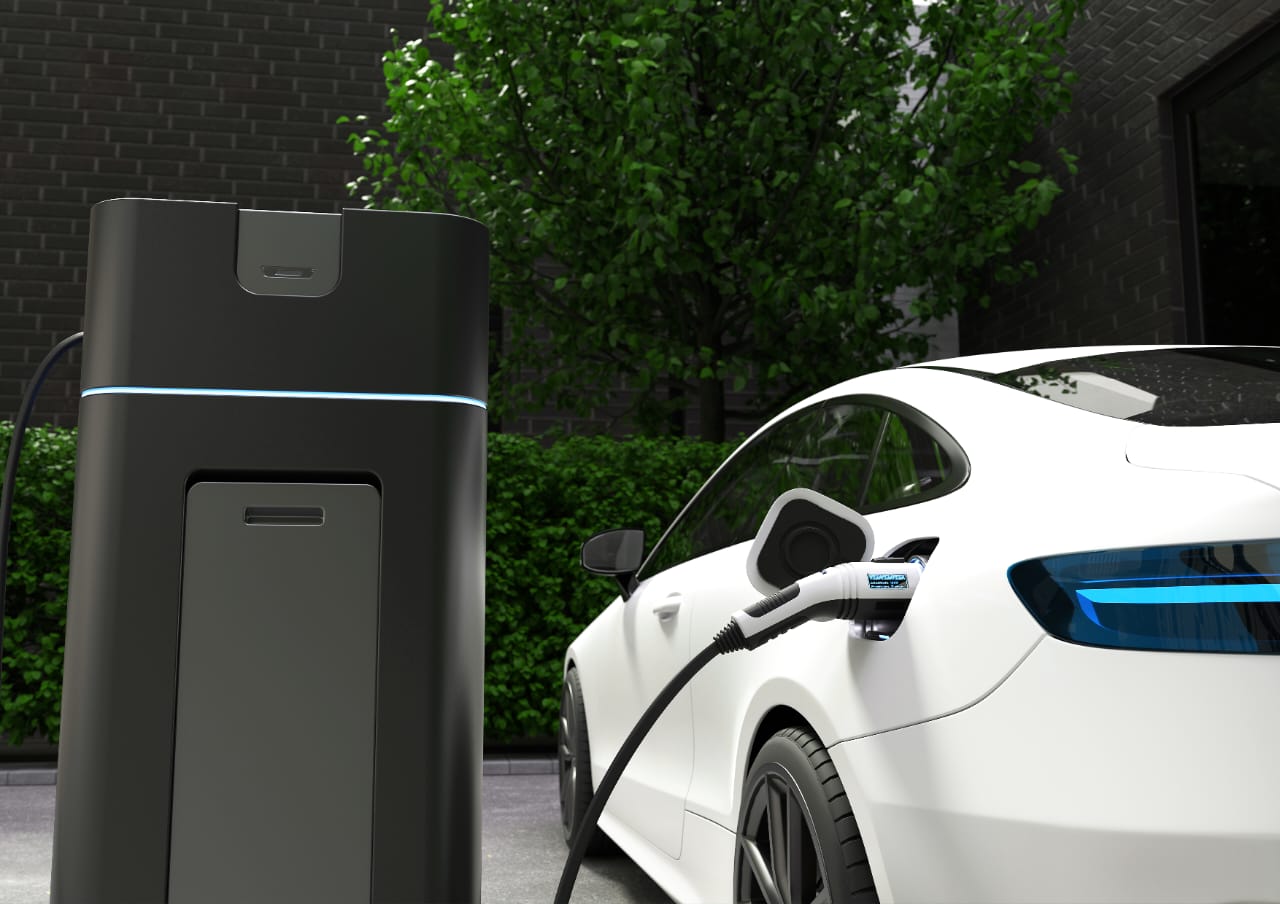As India embarks on its journey towards a greener future, the electric vehicle (EV) industry finds itself at a pivotal juncture, grappling with a multitude of challenges while striving for sustainable growth. Let’s delve into the key struggles facing the industry and how prominent brands are surmounting them with innovative solutions.
Charging Infrastructure Conundrum
According to the Ministry of Power, India faces a critical shortage in charging infrastructure with only around 1,800 public charging stations nationwide as of 2023. However, companies like Tata Power, with its growing network of 500-plus EV charging stations, and EV Motors India, which plans to deploy 6,500 fast chargers by 2025, are leading the charge in addressing this gap. An exemplary instance that is paving its way steadily in the industry is ElectroRide, which is expanding its reach by establishing outlets in tier 2 and tier 3 cities such as Varanasi, Mirzapur, Bhadohi, Jaunpur, Ghazipur, Mau, Azamgarh, Ayodhya, Moradabad, Ghaziabad, Mathura, and others. These outlets serve as comprehensive centers where customers can conveniently explore and purchase electric vehicles, as well as access charging facilities and post-purchase assistance. Backed by tremendous experience in dealerships, automotive business, raising external capital, automotive operations, ElectroRide further plans to enhance the EV charging infrastructure in the country by establishing 2,500 state-of-the-art battery swapping stations across cities. These battery swapping stations will swiftly replace depleted EV batteries with fully charged ones, taking only minutes – akin to refueling a petrol/diesel vehicle.
High Initial Costs and Financing Constraints
Despite recent reductions in battery prices, the initial cost of EVs remains a barrier to mass adoption. However, innovative financing solutions such as Mahindra Electric’s ‘SmartLease’ program, offering EVs on lease with comprehensive maintenance and insurance, and Ather Energy’s flexible financing options, have contributed to a 250% increase in sales for both companies in 2023 compared to the previous year. ElectroRide is also making strides in this aspect, aiming to introduce 30,000 electric vehicles onto Indian roads within the next two years, primarily focusing on last-mile mobility to address urban transportation needs and significantly cut down carbon emissions.
ElectroRide has tied up with a number of NBFCs who have implants at their dealerships and offer attractive financing options to retail customers. While for ICE two wheelers, the only gating item of the CIBIL score, for EVs, a range of other issues like reliability of the vehicle and the battery pack etc. come into play. ElectroRide, to mitigate these risks, has carefully curated the OEMS that it works with and it is only after a thorough due diligence, that the OEM is on-boarded.
Perception and Awareness Issues
A recent survey revealed that 65% of respondents cited concerns about EV performance and reliability as their primary deterrents. To counter this, Tata Motors and MG Motor India have launched extensive marketing campaigns, resulting in a 40% increase in consumer inquiries and a 30% rise in test drives for EV models. ElectroRide is bolstering consumer awareness by offering a diverse selection of vehicles from respected brands like Hero Lectro, Bounce Infinity, Vegh, Mayuri, OSM, Saarthi, Victory, and more.
ElectroRide has initiated camps across Tier 2 and Tier 3 cities and towns to educate potential customers into the EV world. These camps include not only providing customers options of potential vehicles that they can buy but more importantly, the impact on the environment as well as the operating cost reduction that customers can enjoy.
Potential customers are educated on the charging infrastructure that’s fast evolving in the country and the option to charge at home if swapping and charging stations are not readily available.
Battery Technology and Supply Chain Constraints
India imports nearly 80% of its lithium-ion batteries, exposing the industry to supply chain vulnerabilities and cost fluctuations. Hero Electric’s investment of ₹700 crore to set up a lithium-ion battery plant and Ola Electric’s establishment of the world’s largest two-wheeler manufacturing facility, with an annual capacity of 10 million units and a significant focus on battery production, signal a shift towards self-reliance and localized manufacturing. ElectroRide also ensures top-notch performance and efficiency by providing cutting-edge batteries, motors, and charging infrastructure in its electric vehicles.
As mentioned earlier, ElectroRide has a robust system of onboarding OEMs. Per some estimates, there are in excess of 2,500 OEMs in the EV space in India today. Most of these are assembly units with imports from low-cost countries and minimal value add, let alone testing of these vehicles. Despite the number of OEMs, ElectroRide works with a handful of OEMs, about 6-7 each in the 2W and 3W categories. This further emphasizes the deep commitment to high quality vehicles that ElectroRide has put in.
Regulatory Uncertainty and Policy Support
Inconsistencies in regulations and policy frameworks have hindered industry growth and investment. However, Revolt Motors’ successful lobbying efforts led to the extension of FAME II subsidies for electric two-wheelers until 2025, driving a surge in demand with sales surpassing 75,000 units in 2023. Similarly, Okinawa Autotech’s collaboration with state governments in implementing EV-friendly policies has accelerated market penetration, with its market share increasing by 15% in the past year. ElectroRide is poised for significant expansion, with plans to establish 2,500 EV stores nationwide within the next five years, further contributing to the industry’s growth trajectory.
Despite the myriad challenges confronting the Indian EV industry, tangible progress is evident, fueled by the resilience and innovation of pioneering brands. With the number of public charging stations projected to reach 5,000 by 2025, and the government’s commitment to incentivize EV adoption through schemes like PLI (Production-Linked Incentive) for battery manufacturing, the future looks promising for India’s electric mobility sector. By leveraging data-driven strategies, forging strategic partnerships, and aligning with evolving regulatory frameworks, the industry is poised to overcome obstacles and usher in a new era of sustainable transportation.







